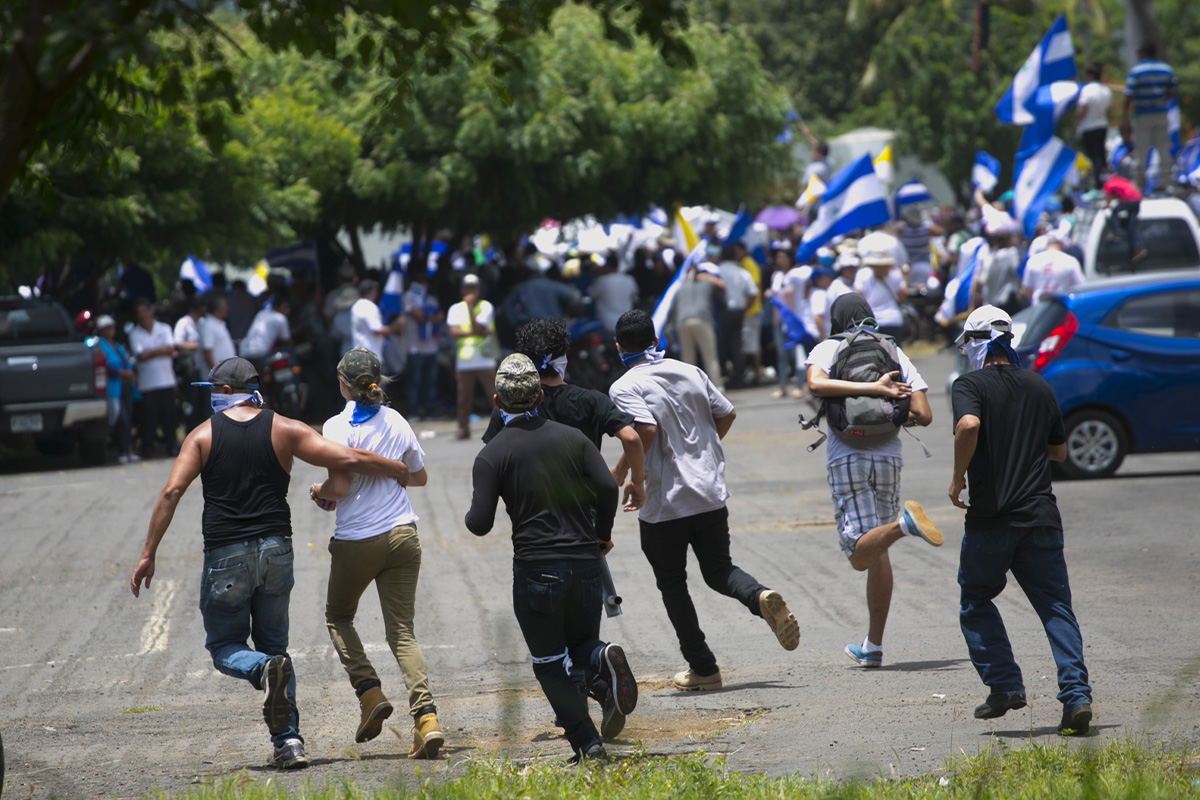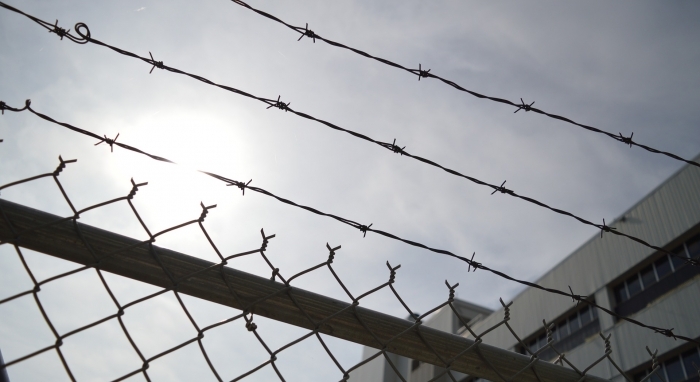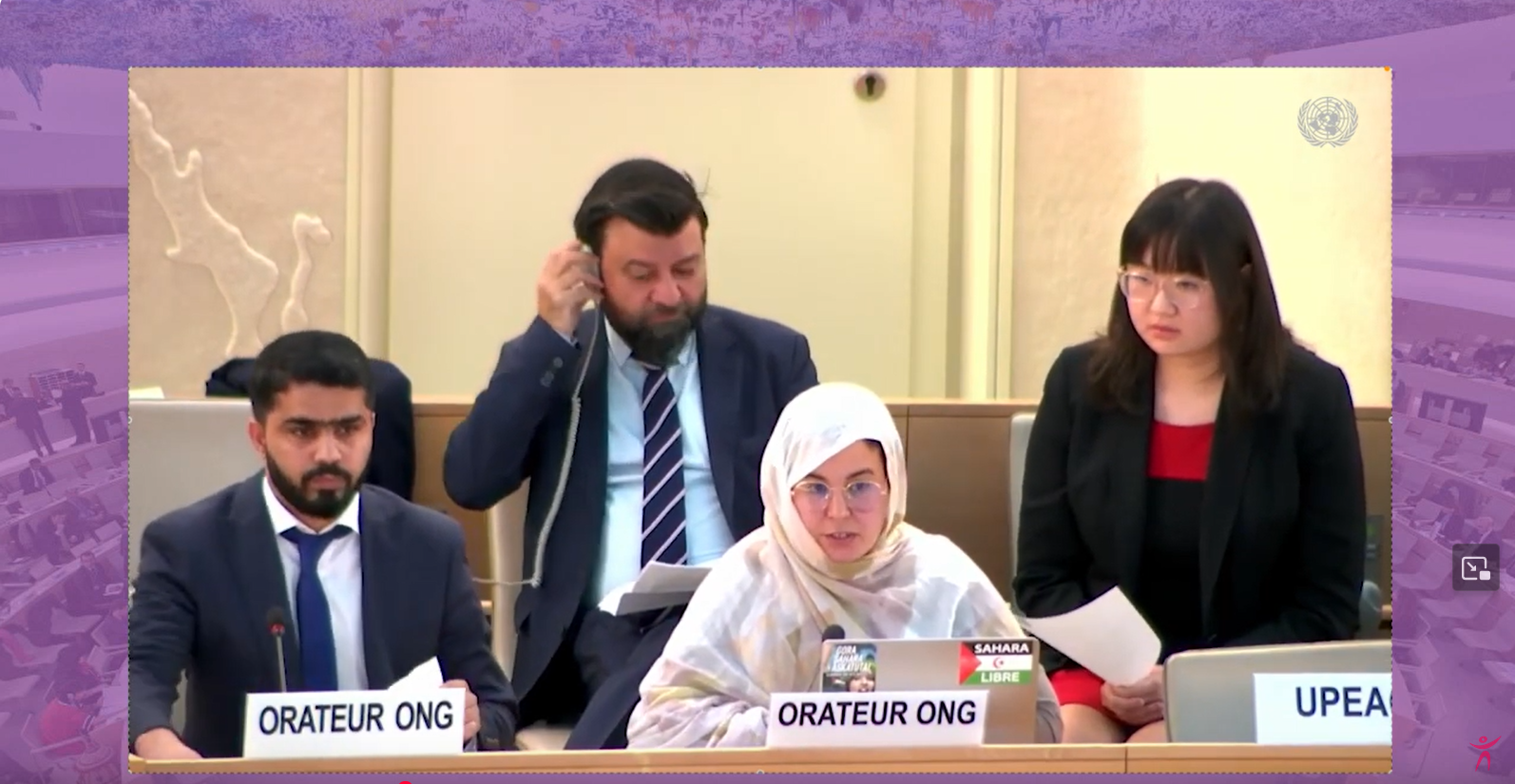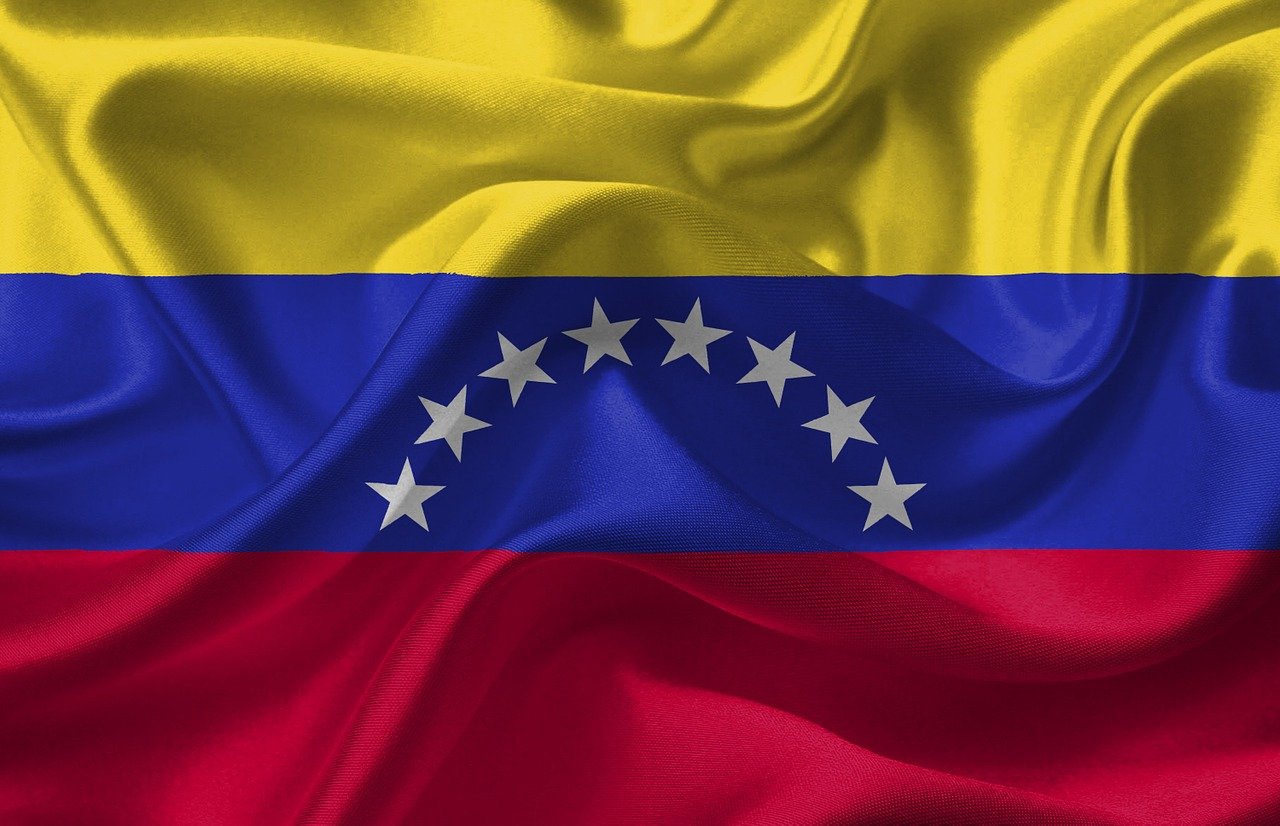During today’s discussion at the UN Human Rights Council, the Netherlands delivered an important joint statement on behalf of Belgium and Luxembourg raising concerns about individual persons who were targeted for their engagement with the Universal Periodic Review (UPR): Dora Mesa, Executive Director of Asociación Cubana para el Desarrollo de la Educación Infantil and Juan Antonio Madrazo Luna Coordinator of the Citizen’s Committee for Racial Integration in Cuba; Rizal Rozhan and Numan Afifi from the coalition of Malaysian NGO’s; and Yahya Al-Assiri, the director of the Saudi NGO ALQST.
Dora Mesa was planning to travel to Geneva to participate in the UPR-Info pre-sessions ahead of the UPR of Cuba on April 8, 2018. However, on February 18 2018, when renewing her passport, she was advised at the passport office that an indefinite travel ban had been imposed on her. The travel ban notes that she has been restricted from travelling due to ‘Public Interest’. In June 2019, Dora was told her travel ban has apparently been lifted but also simultaneously threatened to stop her engagement with the UN.
Juan Antonio Madrazo was also prevented from travelling to participate in the UPR of Cuba in April 2018. It was not the first time he was banned from travelling and targeted for his activism including his engagement with the UN.
Rizal Rozhan and Numan Afifi participated in the UPR of Malaysia and as a result Numan was called for an investigation and fundamentalists groups in Malaysia shared a video on Facebook, vilifying them for ‘interfering’ into freedom of religion and belief in Malaysia.
Yahya Al-Assiri, regularly engages with the Council by delivering statements and speaking at side events, and most recently, in March 2019, engaged with the UPR of Saudi Arabia. As a result of his engagement with UN mechanisms, Yahya has received threats on social media. Some of the detained women human rights defenders were interrogated about Yahya, including explicitly regarding the UN.
“These defenders are only a few of many attacked simply for reporting to the international community on the human rights situations in their countries”, said Madeline Sinclair, ISHR New York Director.
“We welcome the principled leadership shown by the Netherlands, as well as Belgium and Luxembourg, in pursuing accountability in these individual cases, contrasting with other States which tend to make only general statements of concern.”
Emirati human rights defender Ahmed Mansour is currently serving a 10-year sentence, in isolation in Al-Sadr prison in Abu Dhabi with no bed or water in his cell. He was effectively the last remaining defender in the UAE to engage with this Council and that is precisely why he was targeted: to prevent the documentation of human rights violations from reaching the international community.
ISHR delivered a statement in the debate calling on the UAE authorities to immediately and unconditionally release Ahmed Mansour.
ISHR called on the HRC President and the Bureau to guarantee the right of independent civil society to engage with the Council and its mechanisms without fear of reprisals or intimidation, and in particular ahead of Egypt’s upcoming UPR in November 2019.
ISHR reminded the Council that the Special Rapporteur on adequate housing reported that those who engaged with her during her visit to Egypt faced reprisals. Other Special Procedures have since then postponed their visits to Egypt.
This happened in the context of a systematic policy to criminalise human rights defenders by means of intimidation, arbitrary arrests, unfair prosecutions, travel bans, and the use of counter-terrorism legislation.
Egypt also committed reprisals while hosting the 64th session of the African Commission on Human and Peoples’ Rights, including physically assaulting defenders and denying them visas. No independent Egyptian civil society was even able to participate.




